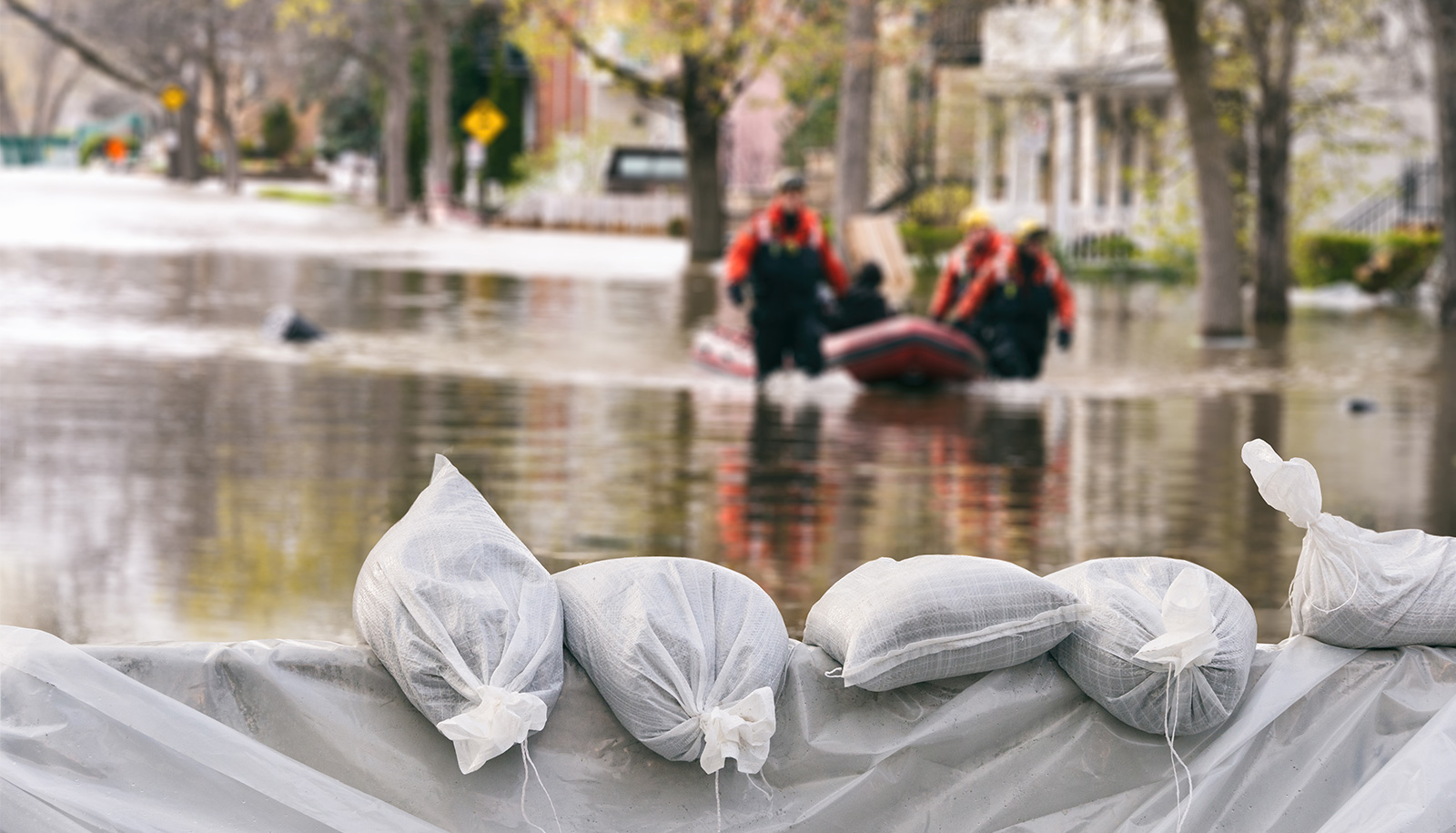Natural disasters like floods can ruin homes, livelihoods, and communities. In addition, they can leave individuals and businesses financially unstable — or worse, bankrupt.
According to First Street Foundation, 14.6 million Americans are at risk for flooding. Thus, getting flood insurance to protect your property and yourself is crucial. However, most individuals don’t know the minimum flood insurance requirements, putting them at risk.
In this post, we’ll discuss the minimum requirements to help you make informed decisions about your flood insurance coverage.
WHAT IS FLOOD INSURANCE?
Flood insurance covers damages to your home and belongings caused by a flood. This includes water damage from an overflowing river, heavy rain, flash flood, or melting snow — to mention a few.
The National Flood Insurance Program (NFIP) offers flood insurance to homeowners across the United States. However, the NFIP has minimum guidelines that must be followed.
What Does Dwelling Coverage Include?
Dwelling coverage pays for damage to your home’s structure — including your foundation and walls — as well as the electrical, heating, and cooling systems that may be affected. Therefore, we recommend you assess the replacement cost of rebuilding your home and take out this much coverage at a minimum.
What Does Personal Belongings Coverage Entail?
Personal belongings insurance will cover your belongings, such as clothes, furniture, and appliances, if floodwaters damage or destroy them. This covers everything that is not part of the building’s structure.
You should approximate the value of your electronics, furniture, clothes, and other personal possessions to determine the ideal coverage level.
What are the Additional Coverage Options?
Additional coverage is available to help bridge the gap between your flood insurance policy and the compensation you may receive from the NFIP. This is coverage for basement improvements, financial protection for loss of use, and coverage for retaining walls damaged during a flood.
HOW MUCH FLOOD INSURANCE DO I NEED?
Balancing practicality with peace of mind is critical when deciding how much flood insurance to buy. Of course, having the required amount is essential, but what happens if you face a disaster?
To ensure maximum protection, consider purchasing coverage equal to your home's and possessions' worth. This will ensure that in the event of a flood, you can rest easy knowing your home will be secure and compensation will be enough.
What is the Maximum Flood Insurance Coverage through the NFIP?
The NFIP provides a homeowner up to $250,000 on the dwelling and belongings coverage of $100,000. However, the federal government requires anyone with federally backed mortgages in high-risk flood areas to carry flood insurance at a specific coverage limit.
As always, it’s also vital to note that insurance policies are complex, and you should rely on an insurance agent to get enough coverage.
HOW TO REDUCE YOUR REQUIRED AMOUNT OF FLOOD INSURANCE
If you’re in the market for a new (or refinancing an existing) mortgage, look into private lenders and conventional mortgages to reduce your required amount of flood insurance.
Conventional mortgages come with more relaxed requirements for purchasing flood insurance and are ideal if you’re in an area with a lower risk of floods. However, when considering a conventional mortgage, ensure you fully understand all the benefits, costs, and responsibilities. In addition, these types of loans often have stricter credit rating requirements than other financing options.
It’s always essential to make well-informed decisions when selecting a financial plan for yourself, so do research about flood insurance before deciding about your mortgage options.
Do Your Research Before Buying A Home
Homeowners insurance is necessary, but flood insurance might also be required if you buy in an area prone to flooding. Research such requirements before purchasing, as major insurers rarely provide coverage when flooding occurs without the right policies.
Flooding can cause excessive damage and financial hardship in the event of a disaster, so verifying your insurance needs ahead of time will protect you from potential future losses.
Have Your Land Resurveyed
Suppose you’re looking for ways to reduce your required amount of flood insurance. In that case, there’s an option to petition the Federal Emergency Management Agency (FEMA) to remove your home from its listed flood zone.
Although this approach might appear straightforward, this process can be expensive and involves many steps. This includes fees for a professional land surveyor who can assess your property and petition the data with FEMA. Despite your efforts, FEMA is not guaranteed to re-calculate their maps to exempt you from requiring flood insurance. However, it’s worth considering if this fits within your budget to get a reduced amount of necessary insurance costs.
It’s vital to understand the minimum flood insurance requirements to protect yourself. A flood policy including personal possessions, dwelling coverage, and additional coverage will protect your investment, reduce your financial vulnerabilities after a flood, and give you peace of mind. Take the time to evaluate your risks and consult an insurance professional to get the right flood insurance coverage for your specific needs. Finally, remember that preparing early is better than adjusting after it’s too late.
If you need help finding the best homeowners insurance coverage for the best price, start by speaking to a SimplyIOA agent at 833.872.4467 or get a homeowners insurance quote online now.










